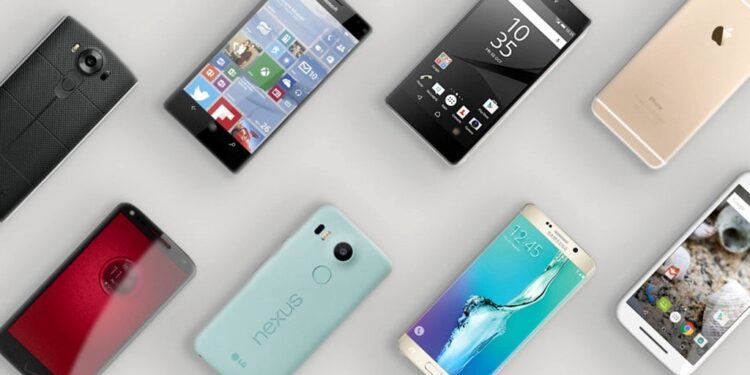A good cellphone has certain technical characteristics. These include the display quality and size of its battery. Other features that should be considered include the speed of the processor and RAM. The build quality of a phone is also important. Metal-built smartphones are more durable and tend to look more stylish. On the other hand, plastic-built phones are less expensive but not as durable. The reason for the difference is that some parts of a plastic-built phone are more durable than others.
Processor Speed
Processor speed is one of the main considerations in choosing a good cellphone, and a good example of a phone with great processor speed is a refurbished iPhone 12. This is the main driver behind the speed of a phone, but it can also affect battery efficiency, multi-tasking, and the ability to perform functions when the screen is off. Processor speed is measured in gigahertz, and the fastest phones today have processor speeds ranging from 1.8 GHz to 2.2 GHz. A processor speed of 1 GHz or higher is generally considered good.
The processor speed is a primary factor determining how smoothly a smartphone will be. A faster processor means smoother performance for all tasks and apps. In addition, the more NMS there are in a processor core, the more efficient it is. The clock speed of a smartphone’s processor is another important factor to consider. A higher processor speed means that the phone will process more instructions faster. For example, a smartphone with one gigahertz processor speed can perform one billion instructions per second. Another important factor is the number of processor cores. A smartphone with more cores has more processing power.
RAM
Memory is one of the usual specifications of a decent cellphone. The bigger the RAM, the faster it can run your apps and store data. The higher the RAM, the less your phone will get stuck. Most smartphones have at least 2G of RAM. Some even go up to 6GB or 8GB. RAM is important because it allows the phone to process more data simultaneously. As a result, it allows you to multi-task more efficiently and quickly. A cellphone with 4GB of RAM is more efficient than a device with just eight or nine GB of RAM. In addition, a phone with more RAM will run apps much faster than one with only two or three GB of RAM.
RAM also helps prevent storage speed bottlenecks. It allows phone apps to load data into RAM when they’re started. Then, it transfers that data to CPU caches.
Battery Size
The battery size of a good cellphone varies widely and is dependent on many factors, including design priorities, the size of a user’s hands, and the price of lithium. Lithium is expected to become a major constraint on smartphone battery size within the next few years, as electric cars are predicted to consume a large share of their production. However, breakthrough materials such as graphene may alter this trend.
The battery life of a smartphone is probably the single most important feature, so it’s imperative to choose one with good battery life. Poor battery life can negate the advantages even if a phone has the best features. A phone with a good battery life will enable you to stay connected or go out for several days without worrying about running out of battery power.
The battery capacity of smartphones is steadily increasing. In the last year alone, the average battery capacity of phones has increased from 3,300mAh to around 3,500mAh. While iPhones are still lagging behind Android in battery size, the latest releases have proven that manufacturers are getting better at fitting large batteries into appealing forms.











